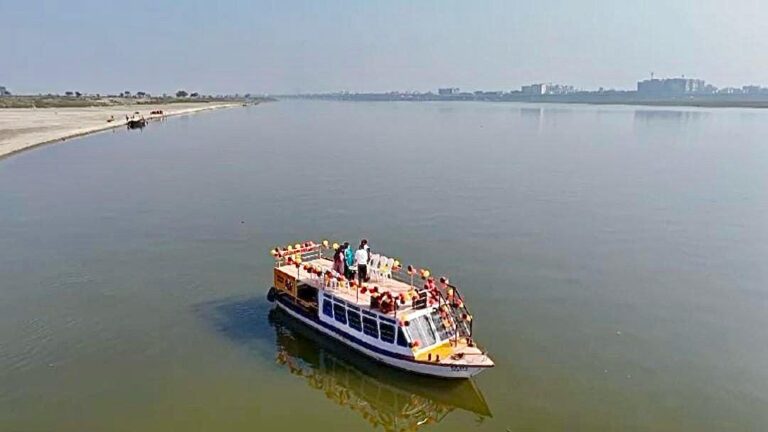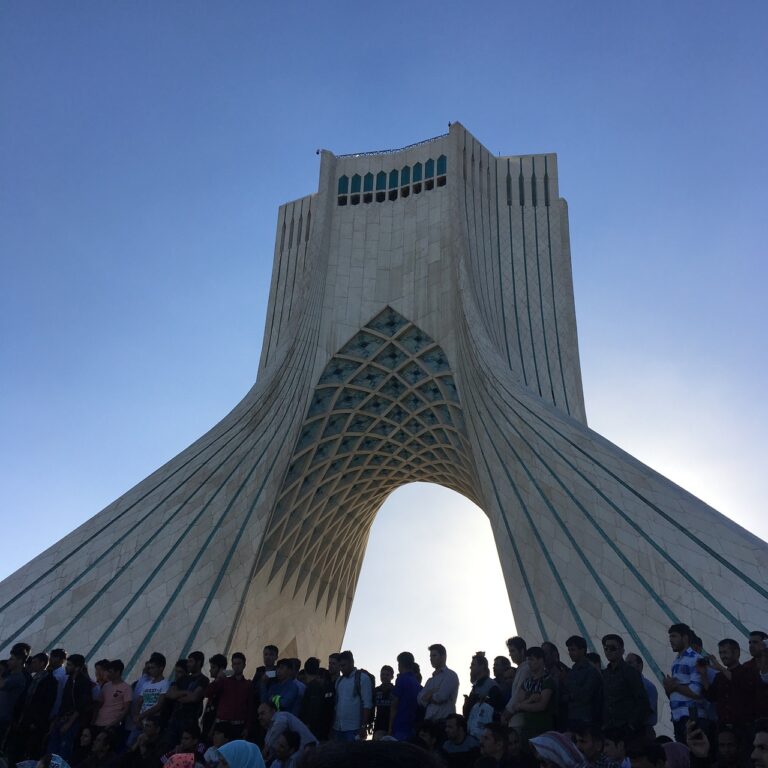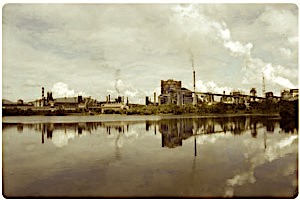
History Recalled
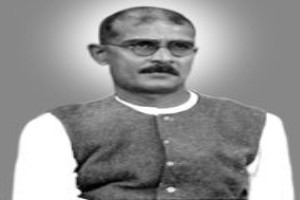 By Mahadev Desai*
By Mahadev Desai*
“…within the space of twenty years a hamlet which was surrounded by scrub and jungle has been converted into a picturesque site…”
Ever since his long stay in Behar in 1917, Gandhiji had been looking forward to a visit to Jamshedpur, the industrial town which owes its existence to the noble enterprise and extraordinary industrial genius of the late Jamshedji Tata. But it was left to Mr. Andrews to successfully persuade Gandhiji to visit the place to serve the cause of labour there. But if he went to serve labour at the instance of Mr. Andrews, he stayed there as the guest of Mr. R. D. Tata, to whose conciliatory spirit, let it be admitted, the entire success of the object of the visit was due.
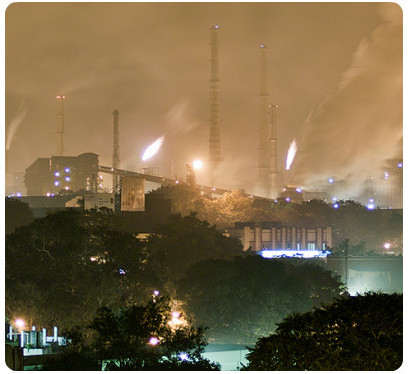 This is no place either to trace the history of the enterprise – a history which takes throughout the character of a romance – or to describe the works round which Gandhiji was kindly shown by Mr. Tata and Mr. Alexander, the company’s Manager. Properly told the history would fill a volume and even a cursory inspection of the gigantic works would take at least a week, which Gandhiji could not give himself. Suffice it to say that within the space of twenty years a hamlet which was surrounded by scrub and jungle has been converted into a picturesque site with a town on it of 105,000 souls, that the company rendered yeoman’s services to Government during the War and if they are requited in any adequate manner the company may be able to produce all the iron and steel, of the kind it produces, now imported from abroad.
This is no place either to trace the history of the enterprise – a history which takes throughout the character of a romance – or to describe the works round which Gandhiji was kindly shown by Mr. Tata and Mr. Alexander, the company’s Manager. Properly told the history would fill a volume and even a cursory inspection of the gigantic works would take at least a week, which Gandhiji could not give himself. Suffice it to say that within the space of twenty years a hamlet which was surrounded by scrub and jungle has been converted into a picturesque site with a town on it of 105,000 souls, that the company rendered yeoman’s services to Government during the War and if they are requited in any adequate manner the company may be able to produce all the iron and steel, of the kind it produces, now imported from abroad.
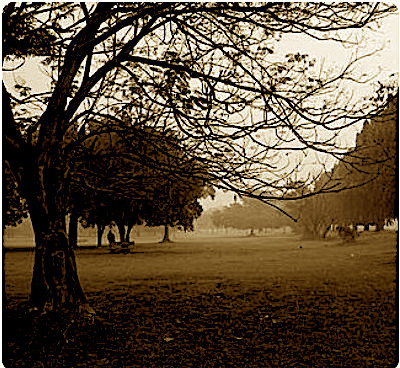
The development of the enterprise and the growth of the town, have, however, raised problems which the company has yet to tackle, and also raised difficulties that attend the rise of any industrial town. The novel enterprise necessitated the importation from various Western countries of “expert” engineers and “expert” workmen who naturally dictated their own terms, with the result that even though in most of the departments there are now Indians who are doing precisely the same work the Europeans do, there is no proportion whatsoever between the pay and the amenities enjoyed by them and the Indians. The anomaly is pressingly visible today, and, (if it is not remedied by times) might threaten the success of the enterprise in future.
A right step in the direction is the establishment of a Technological Institute which takes in yearly 24 students from all the provinces of India, and trains them for work of the highly technical character necessary in the various departments, and they are intended ultimately to fill the places of European experts now serving under contract. The company expends about two thousand rupees yearly on each student.
The planting of the steel city necessarily meant the establishment of a modern town and the company has availed itself of the services of a Town Planning Engineer in the construction of suitable houses and roads, building of waterworks and ensuring proper drainage, lighting etc. The sewage of a large part of the town is treated in disposal works on the Activated Sludge Method and finally brought to a spot where it is used to irrigate and fertilise most of the valuable agricultural land in the vicinity. There are schools for children and a well appointed hospital and several dispensaries where not only the employees but people from neighbouring villages are treated free of charge.
That gives a rough idea of what the company has done. But more remains yet to be done. The grievances of the vast majority of workmen getting small salaries are various and many, besides the grave disparity in salaries. The houses are limited in number and I have seen cases where there are three to four families living huddled together in a house with only four rooms. Though there are numerous women workers there is not a single lady doctor in the town. “A Sahib’s horse is better and more promptly attended to in the hospital,” I was told by some who had felt the pinch, “than an ordinary workman.” The complaint may be unfounded, but there it is to show that discontent is there. “There is a cooperative store,” I was told, “which is meant for the benefit of all, high and low, but which exists only for the benefit of the privileged few, and sells even liquor.” (As to liquor more later.) I shall not go into many other grievances. They point to the necessity of a strong Labour Union, for however much the company may do by way of welfare work, it would do so only from its own point of view. The union has been there for some years, but it came into a sharp tussle with the company two years ago, and ever since the company had hitherto refused to recognize it.
I am glad to say that as a result of consultations between Mr. Tata and Mr. Andrews (who is President of the Union), and Mr. Jawaharlal Nehru who represented his father, a satisfactory reconciliation was brought about. Gandhiji was invited to take part in the consultations and was requested to announce the result at a big mass meeting held on the 9th inst. The result is that the Company not only recognised the Union, but has agreed to bless it and promote it by collecting, if necessary, members’ subscriptions from their salaries, and at the request of Mr. Andrews, and seeing the willingness of the General Manager, Mr. Tata has undertaken to recommend to the Directors the re-employment of Mr. Sethi, the Secretary of the Union.
Two things in Gandhiji’s speech to the workmen I cannot forbear mentioning viz. his reference to Mr. Andrews and to the terms of conciliation. “Mr. Andrews”, said Gandhiji, “is if possible more than a blood-brother to me and I can never refuse his request. I do not think I can claim a deeper attachment to anyone than to Mr. Andrews. Everyday we have been coming closer to each other, and we look forward to a day when out of our friendship will grow the same close friendship and brotherhood between the Englishman and the Indian in India. Whether we shall succeed or not, only God knows; but we do know that all the twenty four hours of our lives are a conscious effort towards that goal. We are sick of the feuds, raging between man and man, and it is our ambition to wean mankind from the use of brute-force and convert it to the use of soul-force for the settlement of disputes.”
Speaking of the terms of conciliation he said, “I have become a labourer because I want to know both your strong and weak points. I do hope you will serve the Company faithfully and, in the manner of working your Union, demonstrate to the world that you deserved the generous concession agreed to by Mr. Tata, that Mr. Andrews deserved it, and you deserved Mr. Andrews. You know that he is not your paid servant. His services are given you for the joy of giving. Let never a day come when he may have to hear from Mr. Tata that the latter regretted the settlement of today. I have sought the friendship of the capitalists in order to induce them to regard themselves as trustees for the benefit of the labourers, and that they may take their own food after feeding them. To day capital is afraid of labour and labour scouls at capital. I want to replace that relationship by one of mutual trust and respect and I hope you will help me to bring about that consummation.”
*Mahadev Desai was an eminent freedom fighter and Mahatma Gandhi’s personal secretary; article courtesy his grandson, Nachiketa Desai.


